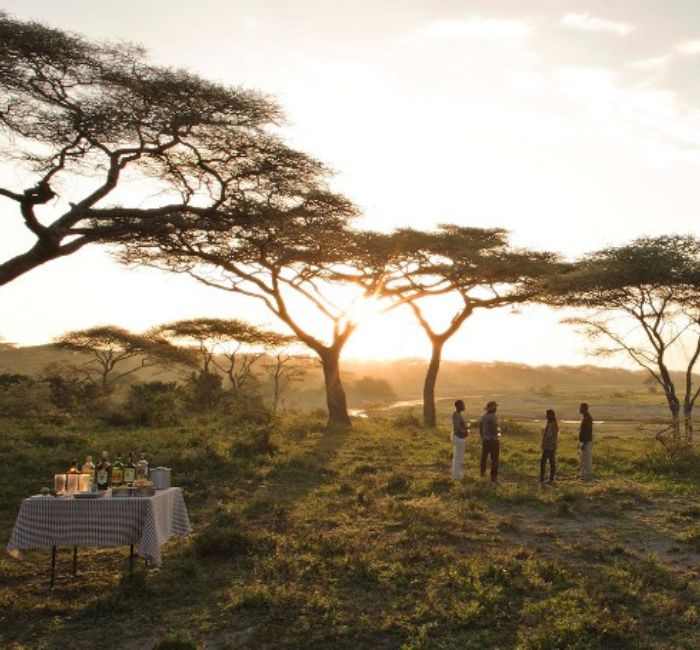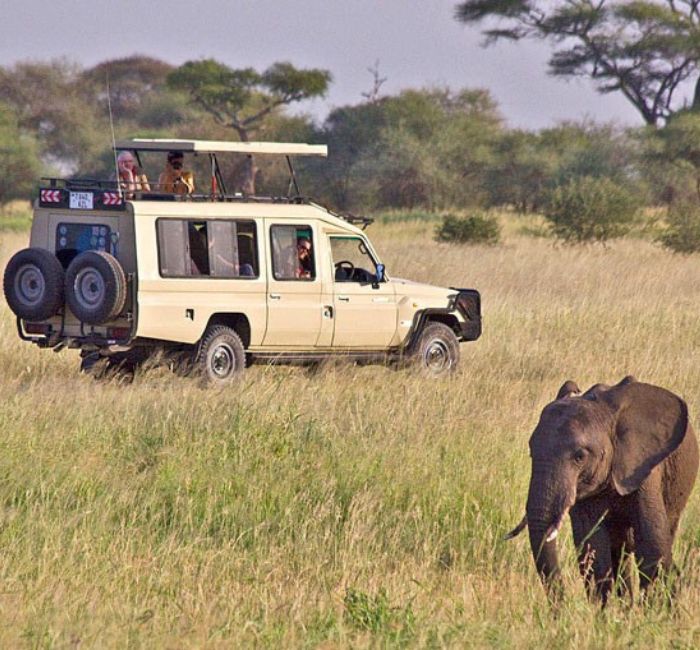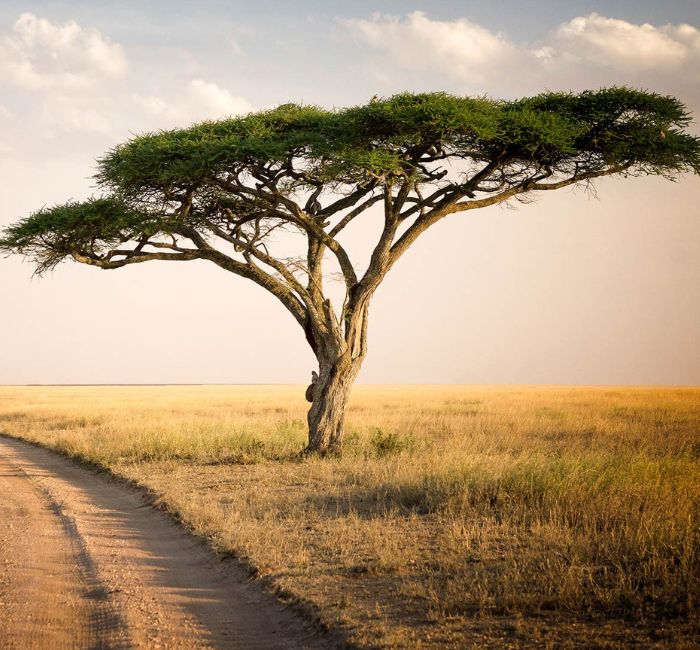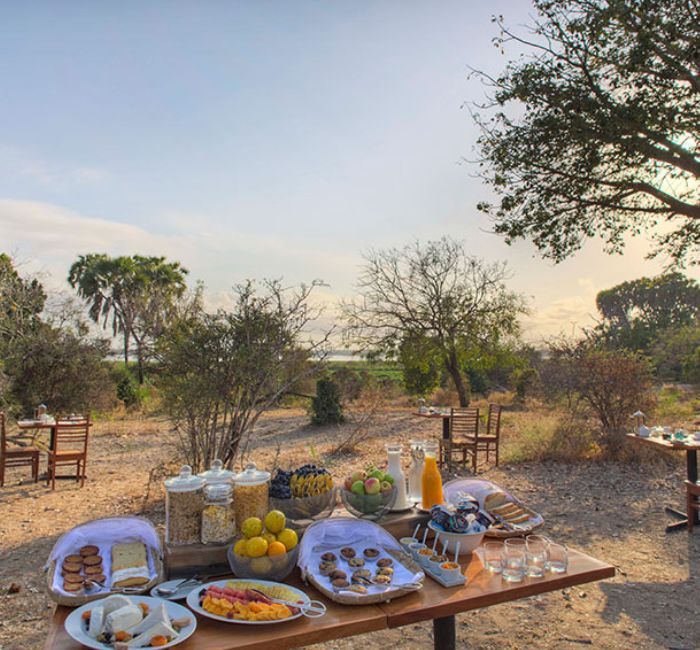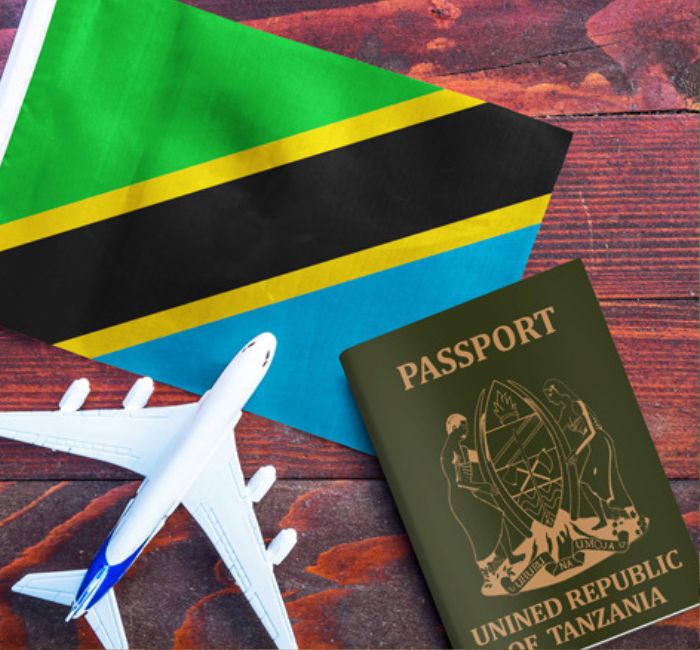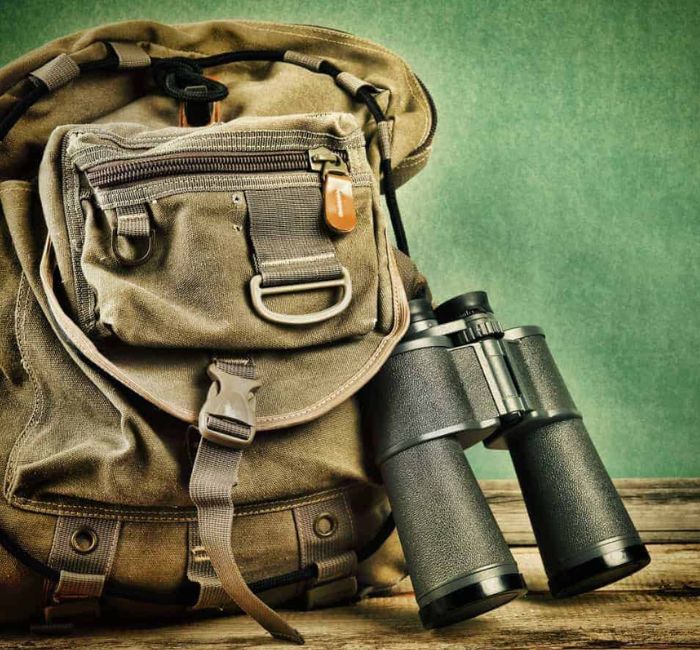Tanzania Safari Faqs

Tanzania Safari Faqs
When is the best time to visit Tanzania?
For optimal game viewing and witnessing the awe-inspiring wildebeest migration river crossings, plan your visit between July and October during the dry season. However, Tanzania's natural wonders offer breathtaking sights year-round. Don't miss the wildebeest calving season in January and February!
How challenging is it to climb Kilimanjaro?
Ascending Mount Kilimanjaro doesn't require technical skills, but the altitude poses a significant challenge. With proper preparation, acclimatization, and guidance from experienced guides, you can conquer the world's tallest freestanding volcano. Remember, your body's response to altitude is unique, so be prepared for an adventure of a lifetime!
Is Tanzania suitable for a family safari?
Absolutely! Tanzania's abundant wildlife and the chance to encounter the Big Five will captivate your children, bringing their favorite storybooks and movies to life. We recommend Tanzania for kids aged six and above, as extended game drives and limited on-site activities are more suitable for older children. For families with younger ones, our family specialists can provide firsthand advice for a memorable safari experience.
Is malaria a concern in Tanzania?
Yes, malaria is present in Tanzania, particularly in areas below 5,905 feet (1,800 meters) above sea level. It's crucial to take preventive measures, including anti-malarial medication and mosquito repellents, to safeguard your health during your safari adventure.
Which airport should I fly into?
For the popular Northern Circuit destinations like Mount Kilimanjaro, Serengeti National Park, and the Ngorongoro Crater, Kilimanjaro International Airport (JRO) in Arusha is the main gateway. If you're heading to the coast, Julius Nyerere International Airport (DAR) in Dar es Salaam will be your entry point, while Abeid Amani Karume International Airport (ZNZ) serves Zanzibar, offering domestic and international connections.
What is a mobile safari camp?
A mobile safari camp is a unique opportunity to "follow" the Great Migration. These lightweight camps change locations to get you closer to the action. While they may lack some amenities like swimming pools and dedicated spa facilities, they offer comfortable tents, ensuite bathrooms, and delectable dining experiences in the heart of the wilderness.
What can I do in Tanzania besides a safari?
While wildlife is a highlight, Tanzania offers so much more. Explore the country's rich history, savor delicious local cuisine, unwind on beautiful beaches, or embark on a thrilling climb up Mount Kilimanjaro. And don't forget to experience the enchanting island of Zanzibar, with its pristine beaches and vibrant culture.
How many days are recommended for a Tanzania safari?
To fully immerse yourself in Tanzania's wildlife wonders, we recommend planning for at least five nights. This allows ample time for game drives, exploring different national parks, and creating lasting memories.
Where should I stay in Tanzania during my safari?
We have a wide range of accommodations across Tanzania to suit your preferences. Whether you desire a luxurious lodge in Mahale Mountains National Park.
Gallery



